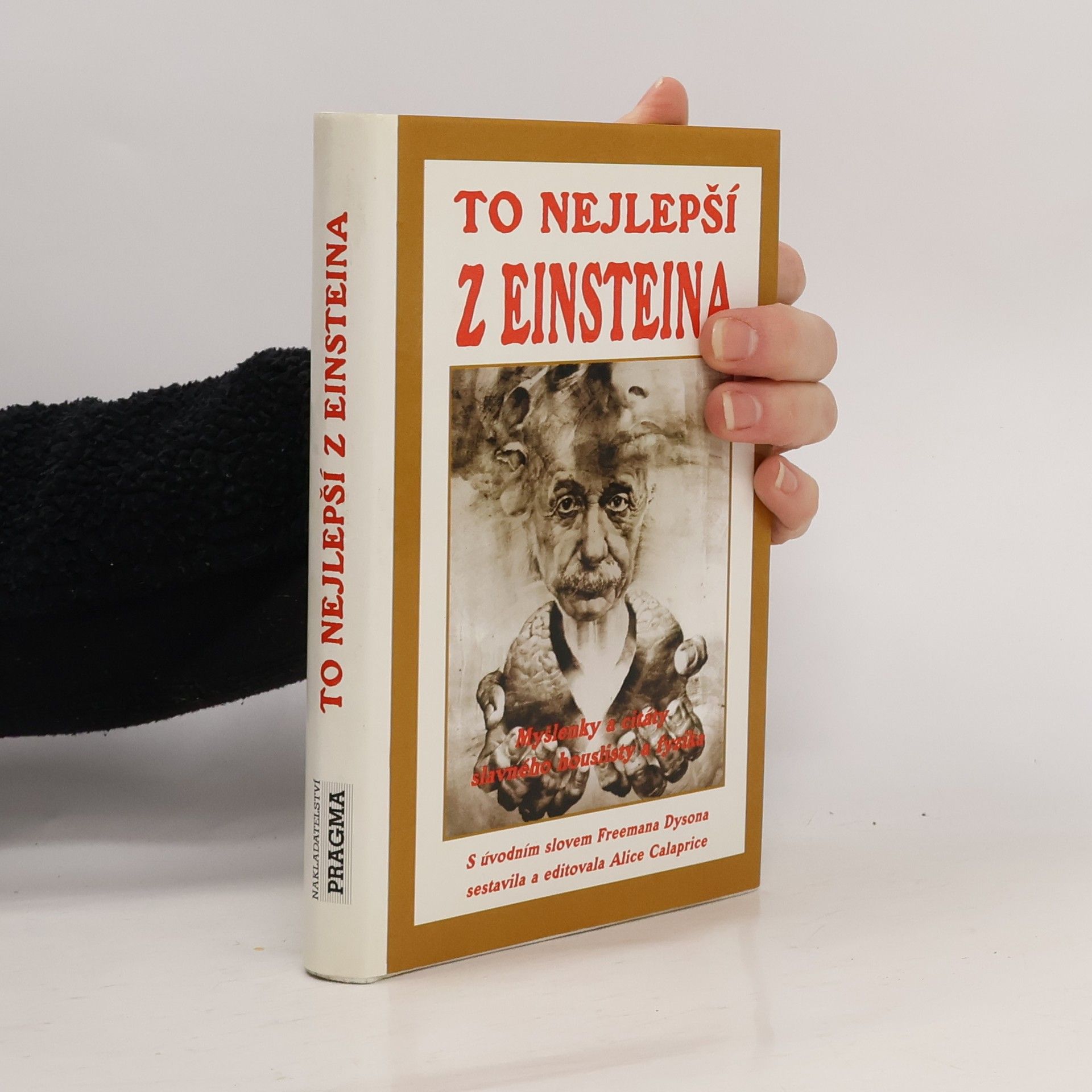The Scientist As Rebel
- 400 pages
- 14 hours of reading
Contemporary issues in science -- The scientist as rebel -- Can science be ethical? -- A modern heretic -- The future needs us -- What a world! -- Witness to a tragedy -- War and peace -- Bombs and potatoes -- Generals -- Russians -- Pacifists -- The race is over -- The force of reason -- The bitter end -- History of science and scientists -- Two kinds of history -- Edward Teller's Memoirs -- In praise of amateurs -- A new Newton -- Clockwork science -- The world on a string -- Oppenheimer as scientist, administrator, and poet -- Seeing the unseen -- The tragic tale of a genius -- Wise man -- Personal and philosophical essays -- The world, the flesh, and the devil -- Is God in the lab? -- This side idolatry -- One in a million -- Many worlds -- Religion from the outside





